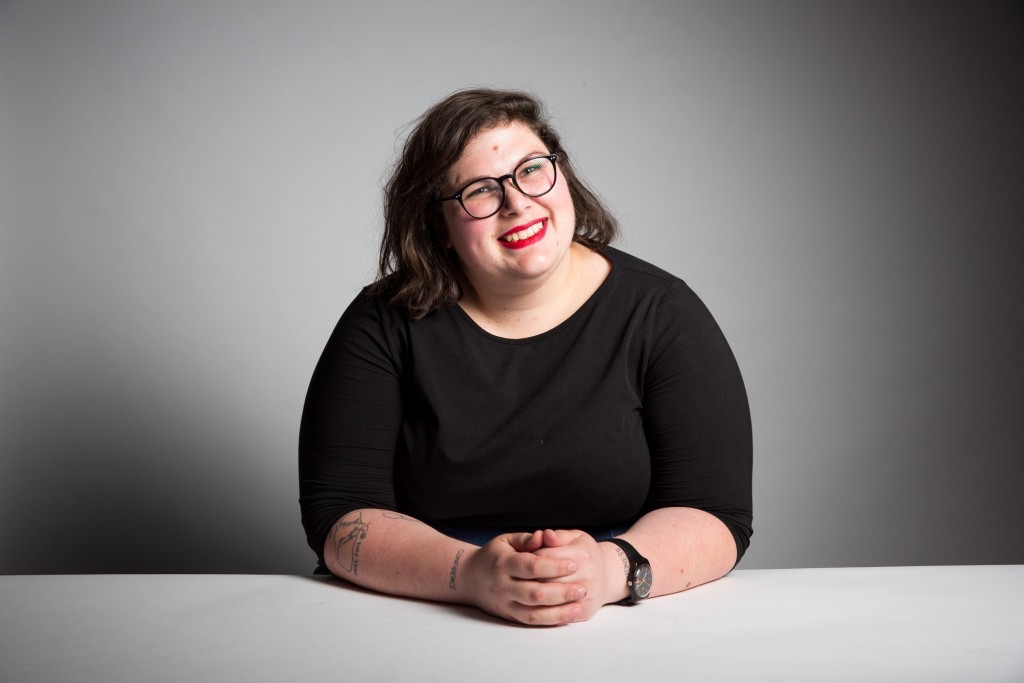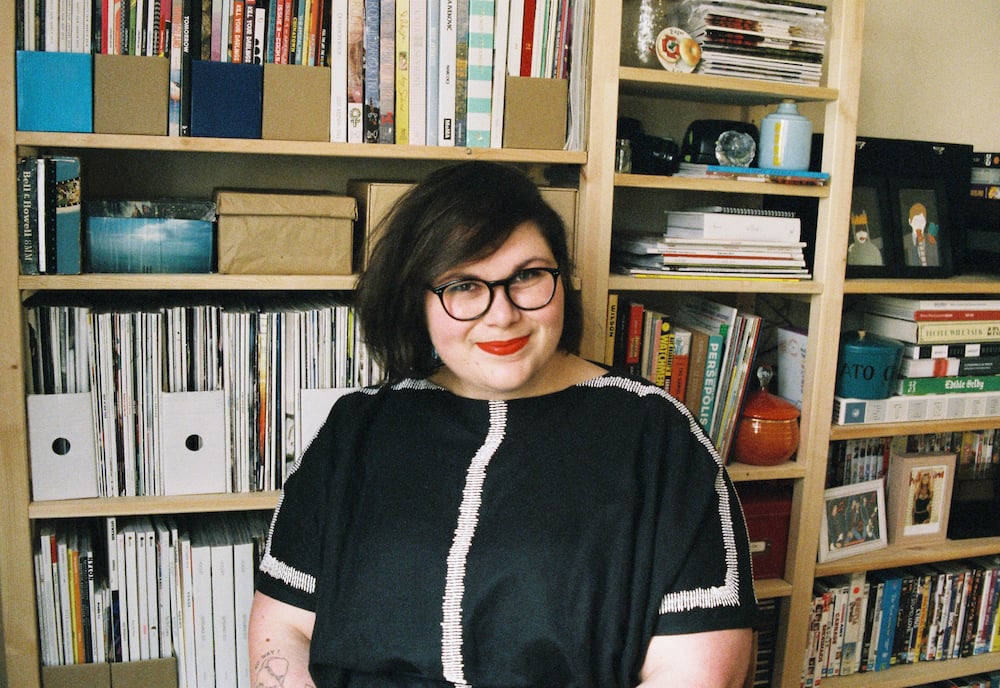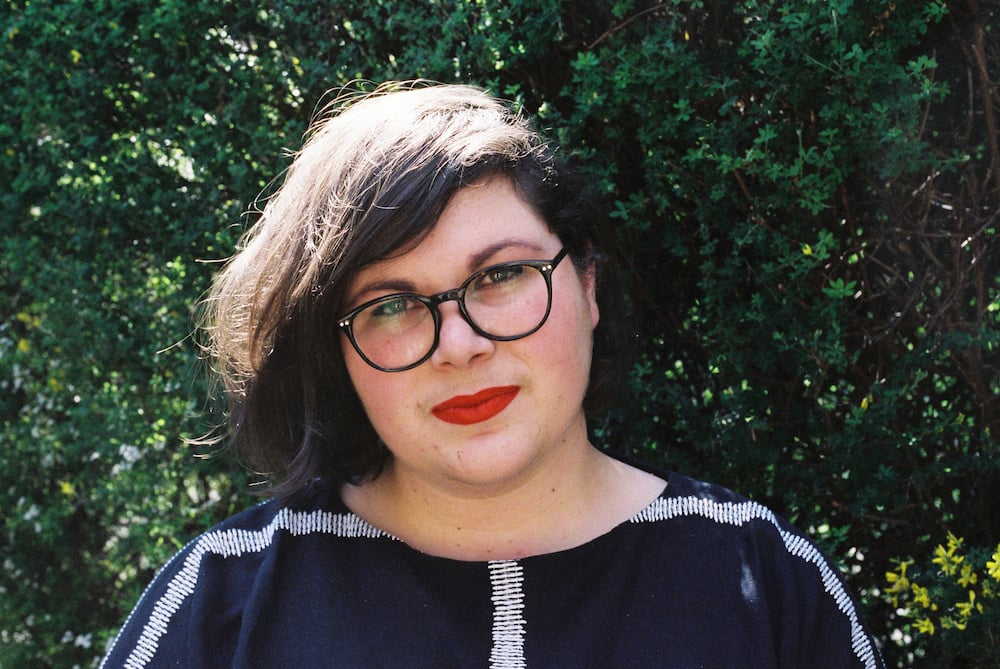How To Get Work As A Writer, According To Brodie Lancaster


Beer. Vodka. Watermelon. #UnderthinkIt
Brodie Lancaster has the kind of writing career most young freelancers dream of. Having been published everywhere from Rolling Stone to New York Magazine, the 27-year-old has just released her first book, a memoir titled No Way! Okay, Fine. The book has received acclaim for both its honest insight and the witty pop-culture references that are a mainstay of Brodie’s work.
We caught up with Brodie to find out how aspiring writers can follow in her (very accomplished) footsteps.
Success Doesn’t Always Come With A Plan
Lancaster admits her writing career started out as something of an accident.
“I didn’t study writing or editing or anything,” she says. “I just had to do work experience to get credit to graduate from uni in 2010. Someone in my class was working at a company who was looking for writing interns, and then that internship turned into a part-time editorial job, which turned into a full-time editing job.”
That editing job gave Brodie a taste for writing that led her to start her zine, Filmme Fatales, which got her noticed by cult-favourite teen website Rookie, which in turn brought her to the attention of other publications. “That’s when the freelancing really took off.”
Just Do It

“There’s no way to know what kind of writer you are unless you write stuff,” says Brodie. Photo: Greta Parry
But it’s not networking that’s led to Brodie being in such demand. According to her, it’s mainly because she writes. A lot.
“I used to write a blog when I was at uni, and it’s not like I had a million readers, but I was writing, and it was practice. It’s like working out a muscle.
“There’s no way to know what kind of writer you are unless you write stuff. A lot of the emails I get from young writers will say, ‘I want to write, and I want to be a writer, and I’m not doing any writing, and I’m not getting published.’
“And I’ll write back like, “What are you doing? Are you writing a blog? Are you doing a journal? What writing are you doing? Because if you want to be writer, there’s just one thing you can do, and that’s write.”
Figure out what the different publications sound like – whether they’re doing newsy, bite-size kind of stuff, or whether they’re doing longer reporting or interviews or features.
Part of this attitude, Brodie thinks, comes down to a romanticised idea of writing; the notion that you have to have a special talent, that there’s some secret to it, that you have to have read “all of the books”.
“But there’s no secret,” says Brodie. “You just have to do it. And if you spend all your time asking how to do it, and convincing yourself that you can’t do it, then of course you’re never going to do it.”
Don’t Be Precious
Once you do start writing, though, there are certain things you need to keep in mind.
“It’s pretty important not to be too precious,” Brodie says. “If you want to figure out how to write and someone offers you a story, it might not be the exact thing you hoped to do, but if they’re paying you and it’s something that’s going to give you experience, then it’s probably worth doing.”
Such a scenario would fulfil two points of Brodie’s “freelancing trifecta”. This is her self-styled rubric for deciding whether or not to take on a job, comprising three questions: Does it pay well? Is it fun/important? Will it advance your career? If a job satisfies two of those three points, then Brodie will consider it.
Editors, apparently, have a similar system for deciding which writers they want to work with. “Three things,” says Brodie. “Be really nice to work with, really great at what you do, and be on time. If you’re two of those three, it will forgive the third thing that you aren’t.”
And don’t try to write the perfect thing on the first try – I don’t think that ever happens to anybody, ever.
Speaking of editors, Brodie urges young writers to take advantage of the writer-editor relationship, when and if they land one.
“When your editors say, ‘this pitch will work better if it were like this,’ or if you send them a draft and they have edits and notes and questions, don’t think that you know better, because the editor-writer relationship can be really beneficial to young writers.
“I learned a lot from working with really great editors early on in my career, and they can teach you a lot if you’re open to it.”
You Don’t Have To Be Perfect

“And don’t try to write the perfect thing on the first try – I don’t think that ever happens to anybody, ever,” says Brodie. Photo: Greta Parry
Brodie also goes against the common advice of “read widely”. She instead recommends reading the things you like, and paying close attention to how they’re written.
“Figure out what the different publications sound like – whether they’re doing newsy, bite-size kind of stuff, or whether they’re doing longer reporting or interviews or features. And figure out what those things are, like, what’s the difference between a feature and a Q&A style interview, just so you get familiar with style,” she says.
“And don’t try to write the perfect thing on the first try – I don’t think that ever happens to anybody, ever.”
—
Roam is all about celebrating Australian creatives. Take a page out of Roam’s playbook and #UnderthinkIt to achieve greatness. Find out more here.
(Lead image: Brodie Lancaster. Photo by Daniel Boud)